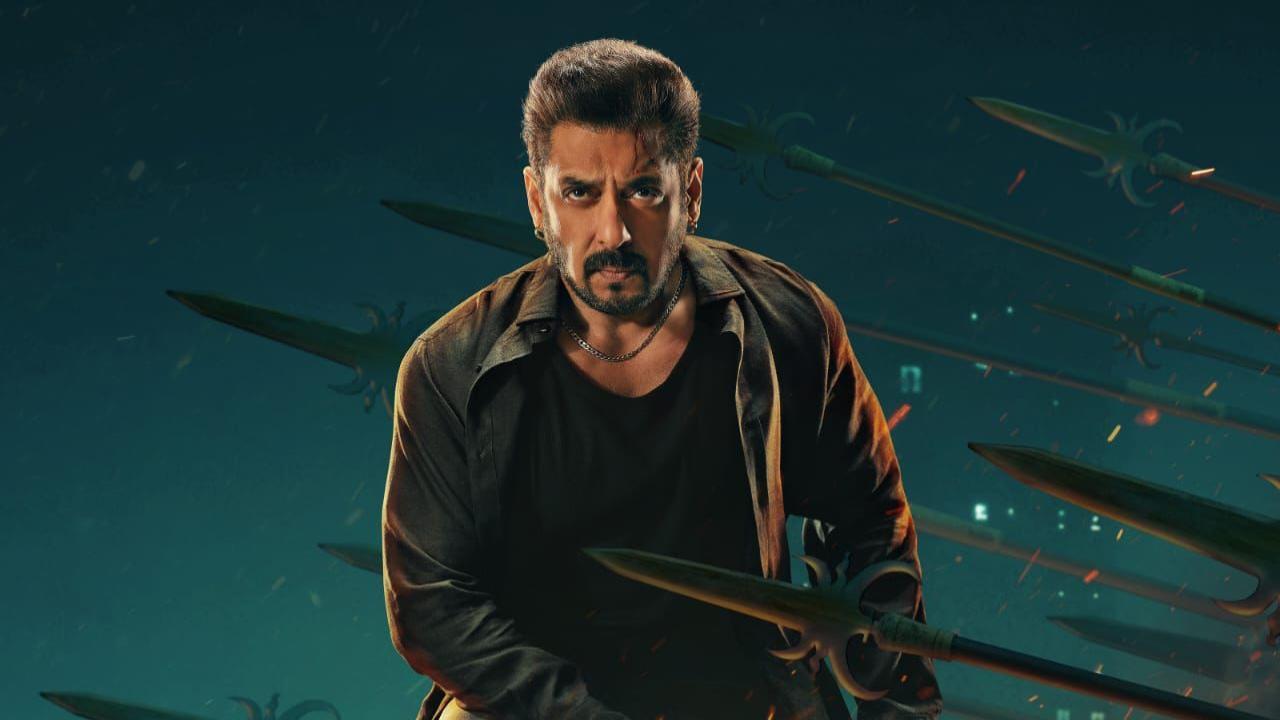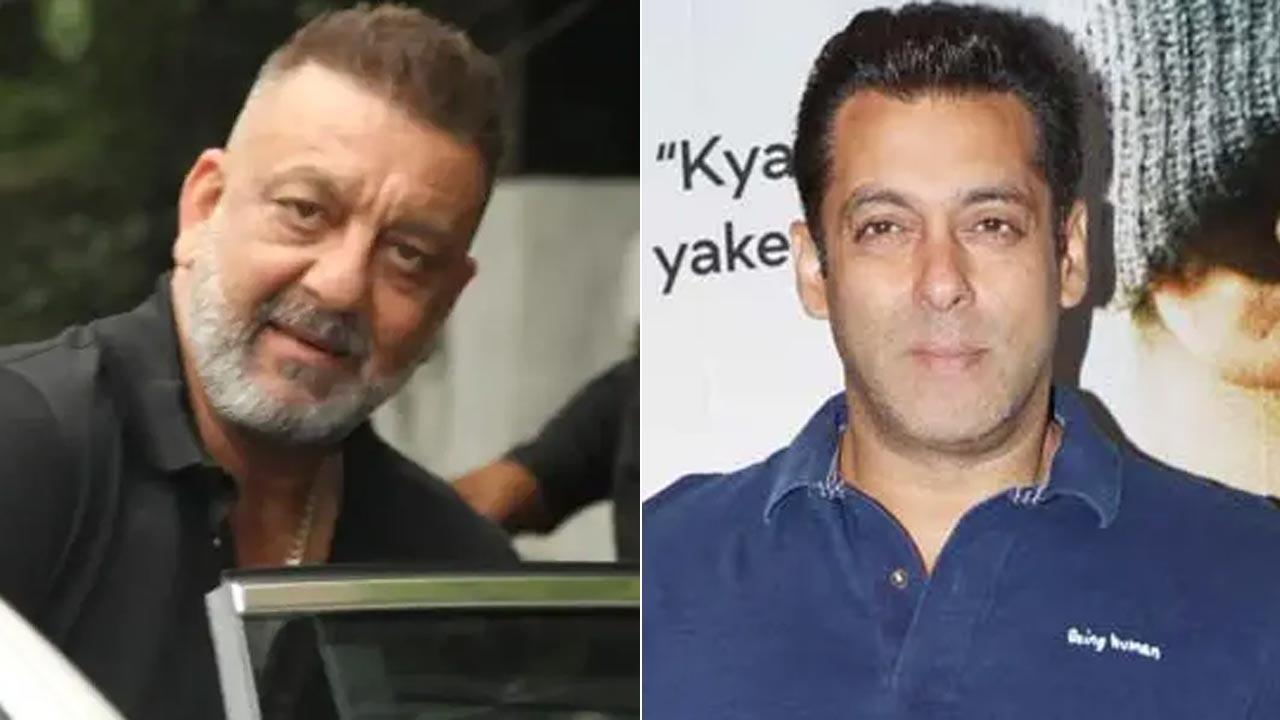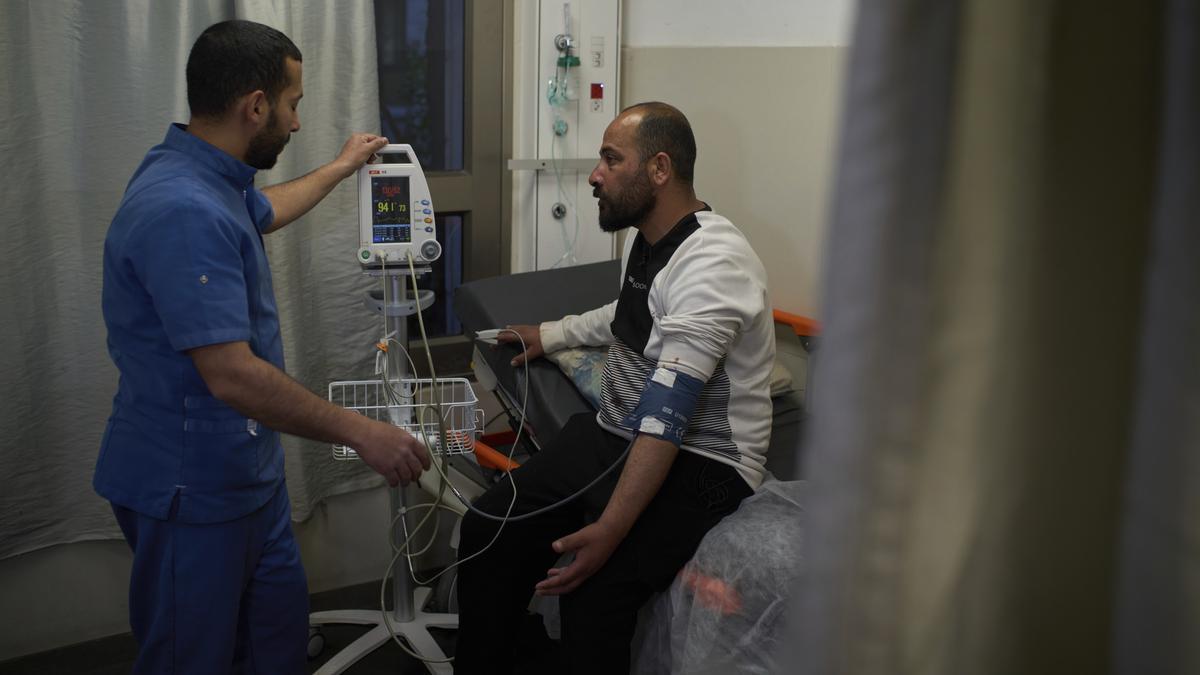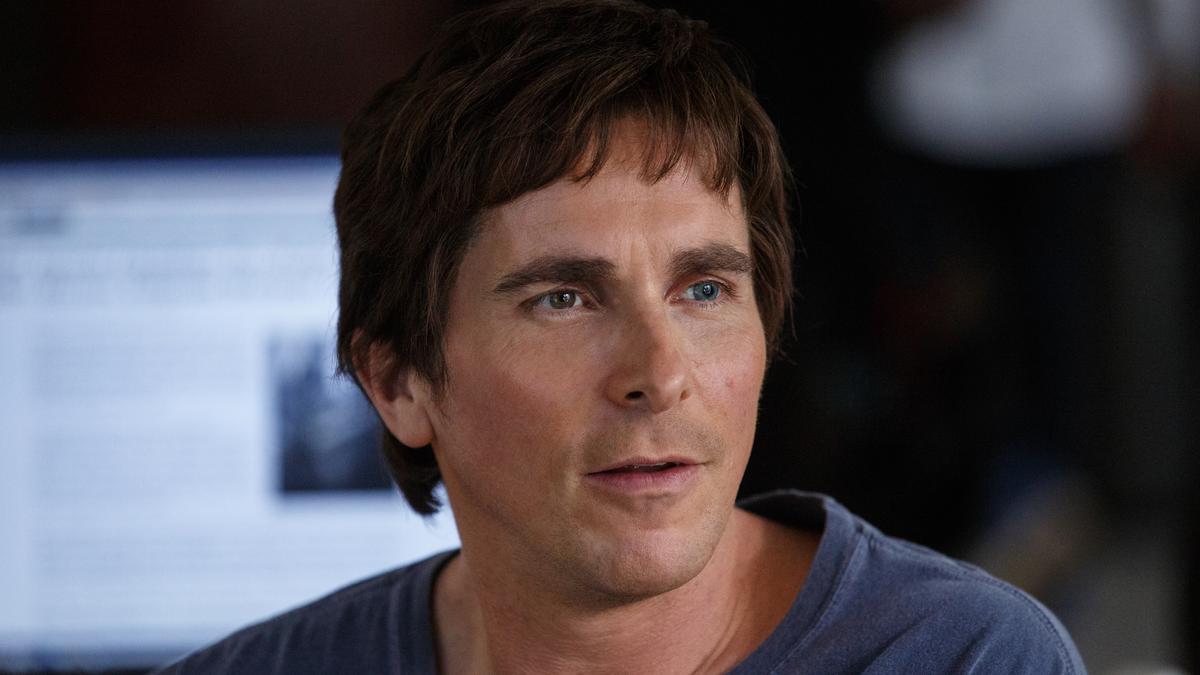
The recently screened film “Onkara” at the 15th edition of the Bengaluru International Film Festival (BIFFES) has introduced audiences to a lesser-known facet of Kerala’s cultural mosaic. Set against the backdrop of the Mavilan community—an obscure tribe renowned as hunters, gatherers, and healers—the film intertwines the visceral threads of theyyam, a revered ritualistic dance form of Kerala, into its narrative fabric.
Helmed by director Unni KR, “Onkara” aims to capture and convey the profound reverence the Mavilan tribe holds for theyyam. “That’s what I have tried to show in the film,” Unni KR explains. A storyline set amidst an environment where spirituality, artistry, and community are intertwined, “Onkara” echoes the central thematics of the Kannada blockbuster “Kantara,” with both movies delving deeply into the world of theyyam. Yet, “Onkara” distinguishes itself with a more understated and personal perspective.
A notable aspect of “Onkara” is its linguistic frame—it is reportedly the first film shot in Markodi, a dialect of the Tulu language that lacks an official script. The movie’s protagonist, Karumban, a theyyam artist portrayed by Sudheer Karamana, is the son of Chinkam—the village leader whose name in Markodi signifies ‘lion’. Karumban aspires to inherit his father’s mantle and become the next Chinkam, guiding the Mavilan people like the king of the jungle. Despite the harshness of poverty that envelops his family, Karumban’s zealous pursuit of theyyam remains unflinchingly firm. The film also navigates through the familial domain, detailing the challenges faced when Karumban’s daughter elopes, resulting in social ostracization and personal turmoil.
“Theyyam,” derived from “daivam” meaning god, is not merely an art form; it is a conduit to the divine. In this ritualistic dance, the artist becomes a vessel for the deity, invoking blessings and prosperity during the compelling performances. Donning vibrant face paint, dramatic eye makeup, elaborate costumes complete with a sizeable bamboo headgear and jewelry, the male theyyam dancers enact stories of deities such as Kari Chamundi and Vishnumoorthi to the rhythmic accompaniment of traditional instruments like chenda, kuzhal, and elathalam.
The film is punctuated with these intense theyyam performances by Karumban, creating a visual feast that immerses the audience in a profound bhakti rasa. “This tribe’s theyyam is different and difficult as well. Our lead actor, Sudheer, trained in it for six months,” recounts Unni KR.
Beyond the dance, the movie’s catalogue provides an insightful holistic portrayal of the theyyam practitioners’ role within the Mavilan community. They are depicted as creators of wonders, endowed with vast knowledge and capable of performing miracles, living in seclusion within the jungles and guiding the tribe with their prophetic visions.
Expanding its cultural canvas, “Onkara” further explores other Mavilan folk songs and dances such as Mangalamkali and Eruthkali and documents the tribe’s unique musical instruments like the thudi and bamboo drums.
The movie emerges from three years of dedicated research conducted by Unni KR and Rajesh Thillenkeri, who is credited with the story, screenplay, and dialogue. Capturing the essence of the Mavilan tribe’s life required a 30-day film shoot in the dense Kerala forests. “The tribals have a difficult life but they don’t complain. They want to live like free birds. Onkara is an effort to document the Mavilans culture,” Unni KR elaborates, underlining the tribes’ resilience and the film’s commitment to authentic representation.
“Onkara” then, is not just another cinematic endeavor; it is a valiant attempt to chronicle and honor the rich, yet obscure cultural traditions of Kerala’s Mavilan community and their sacred dalliance with the theyyam dance—a harmony of artistic expression and spiritual devotion that dances to the primal beat of tradition and time.










